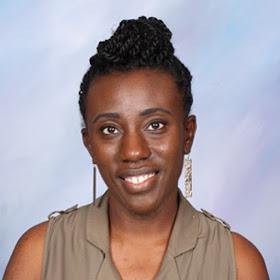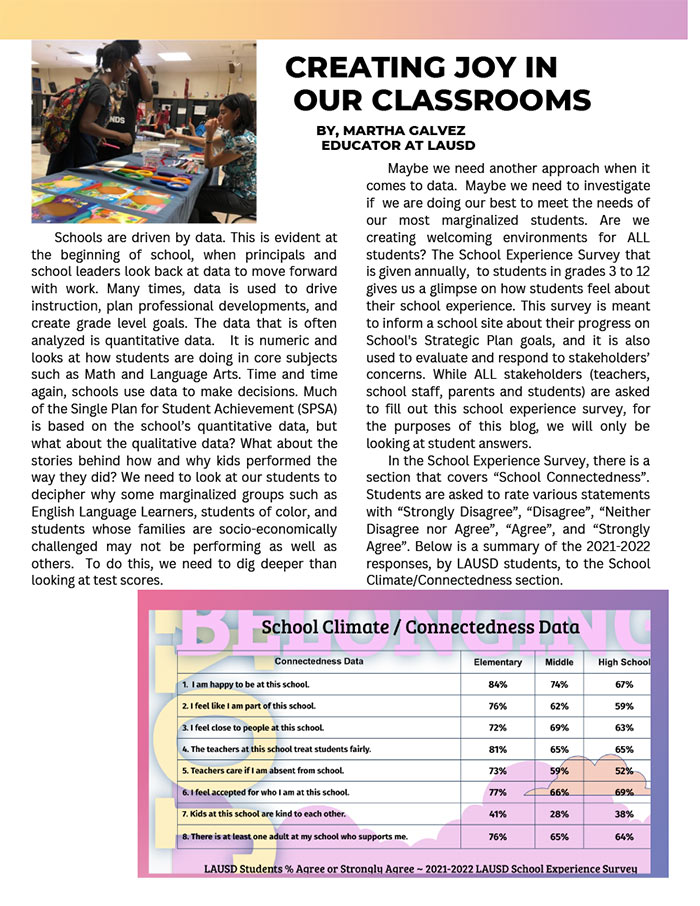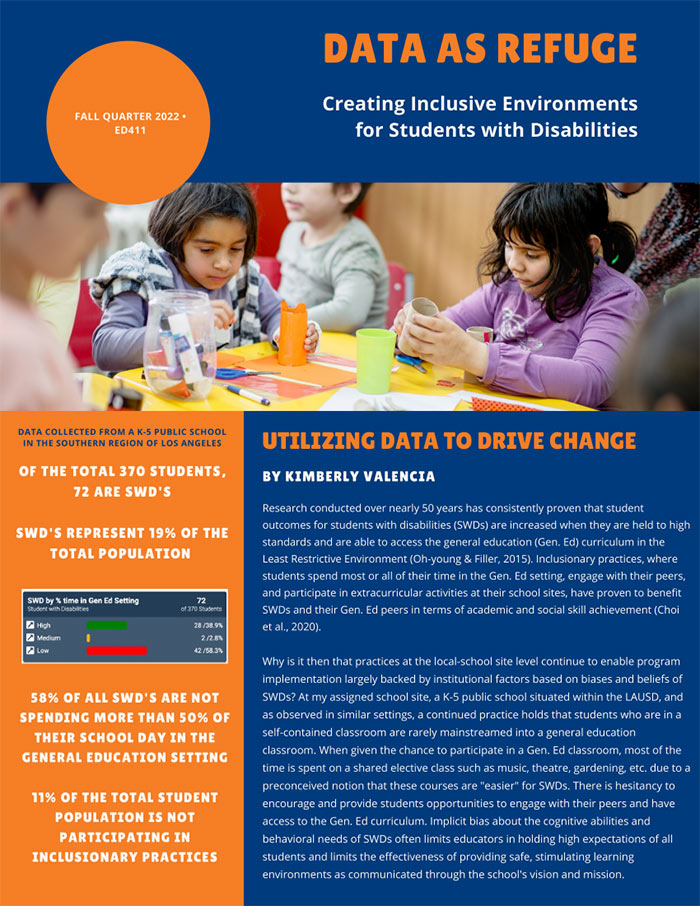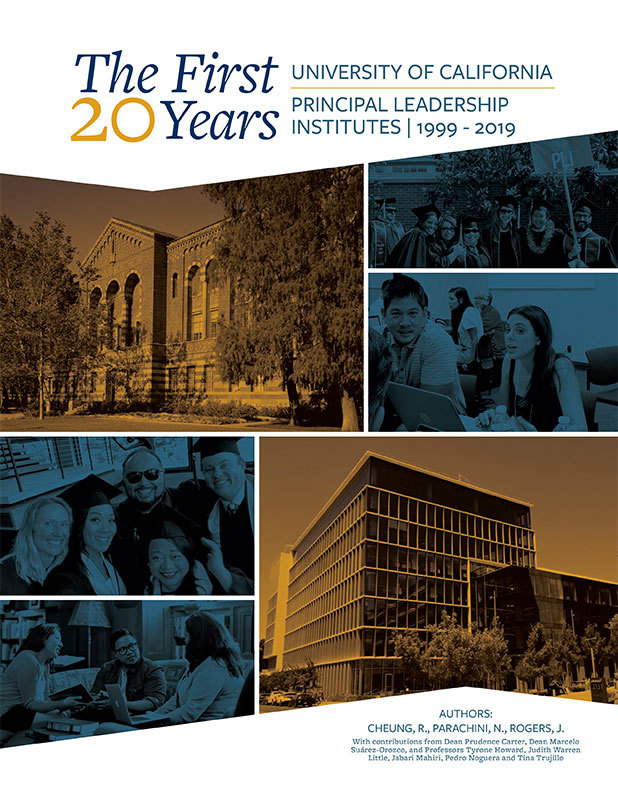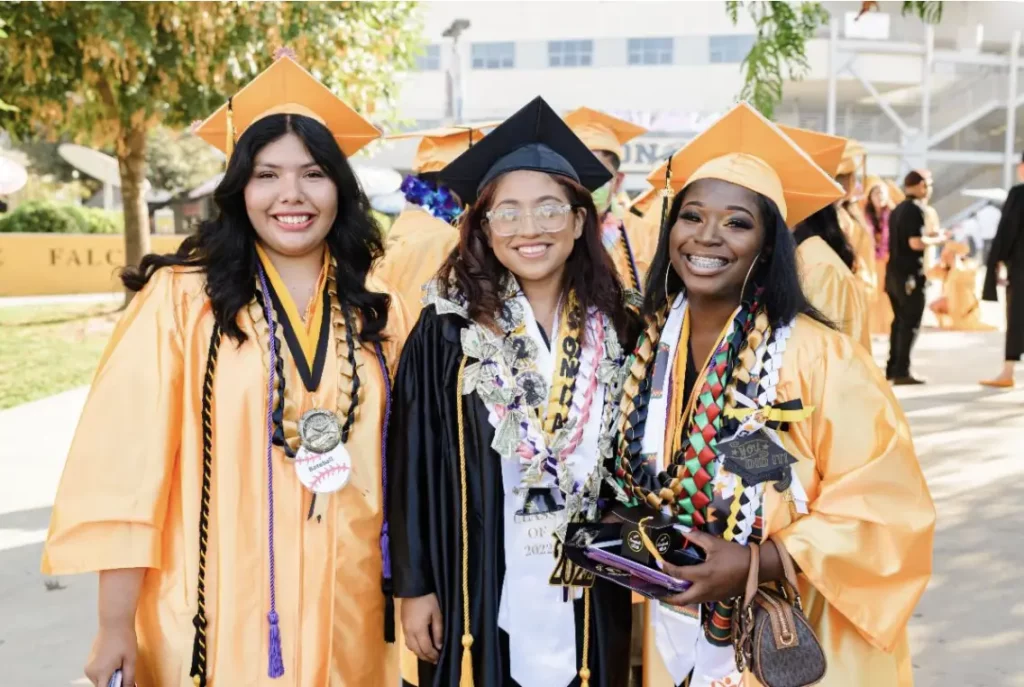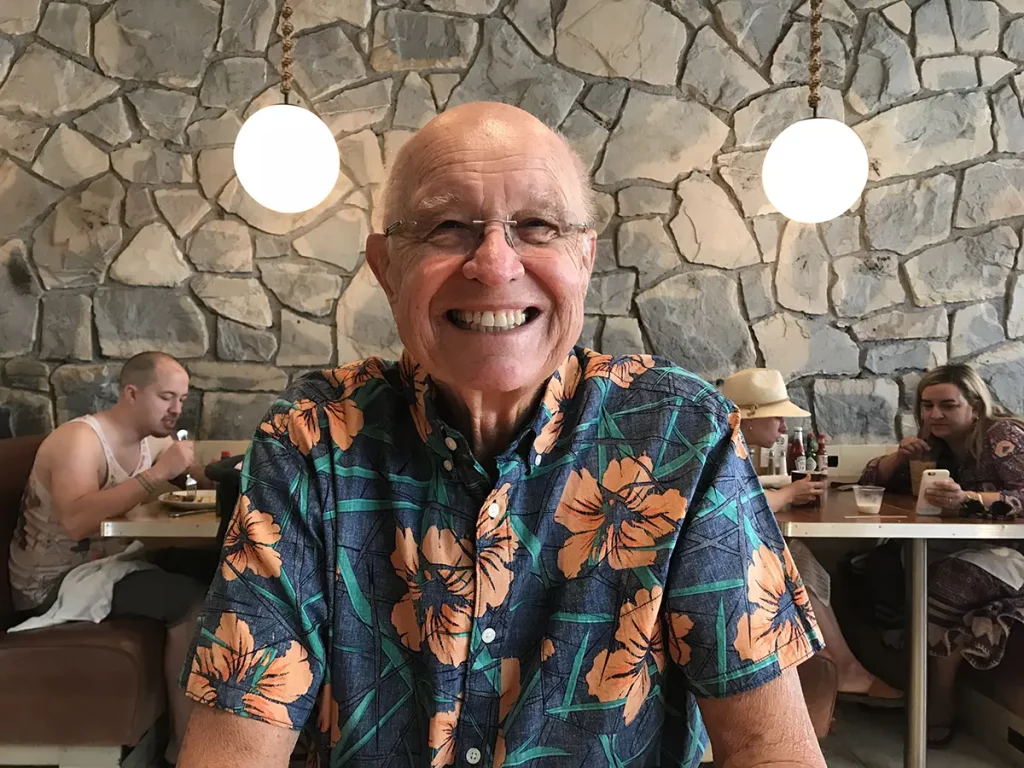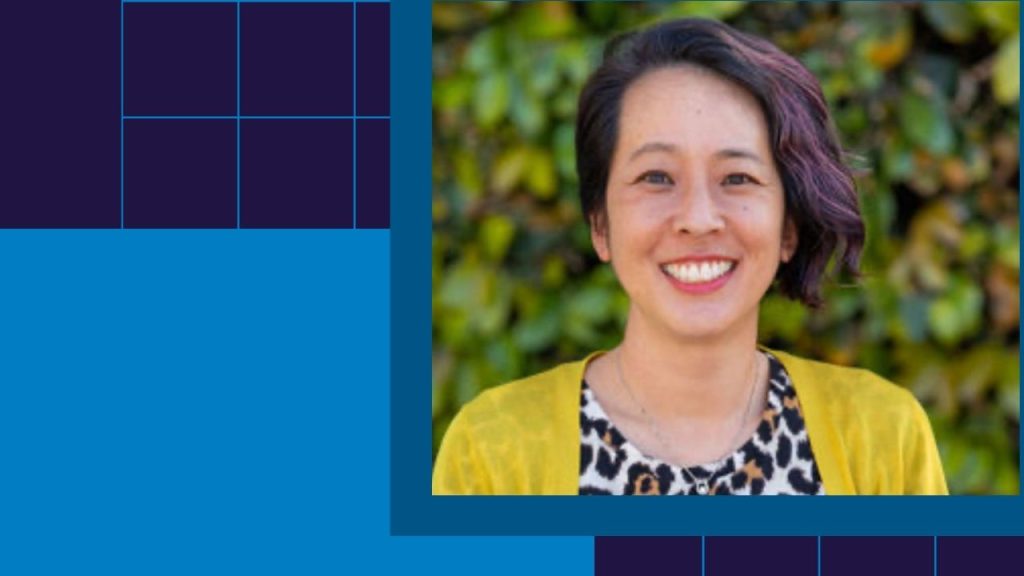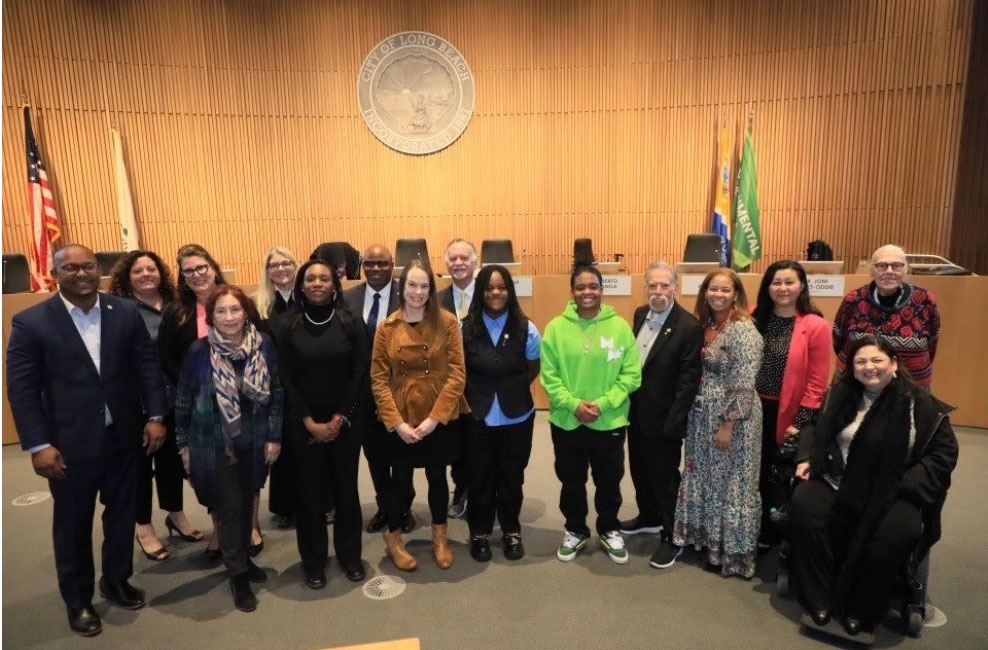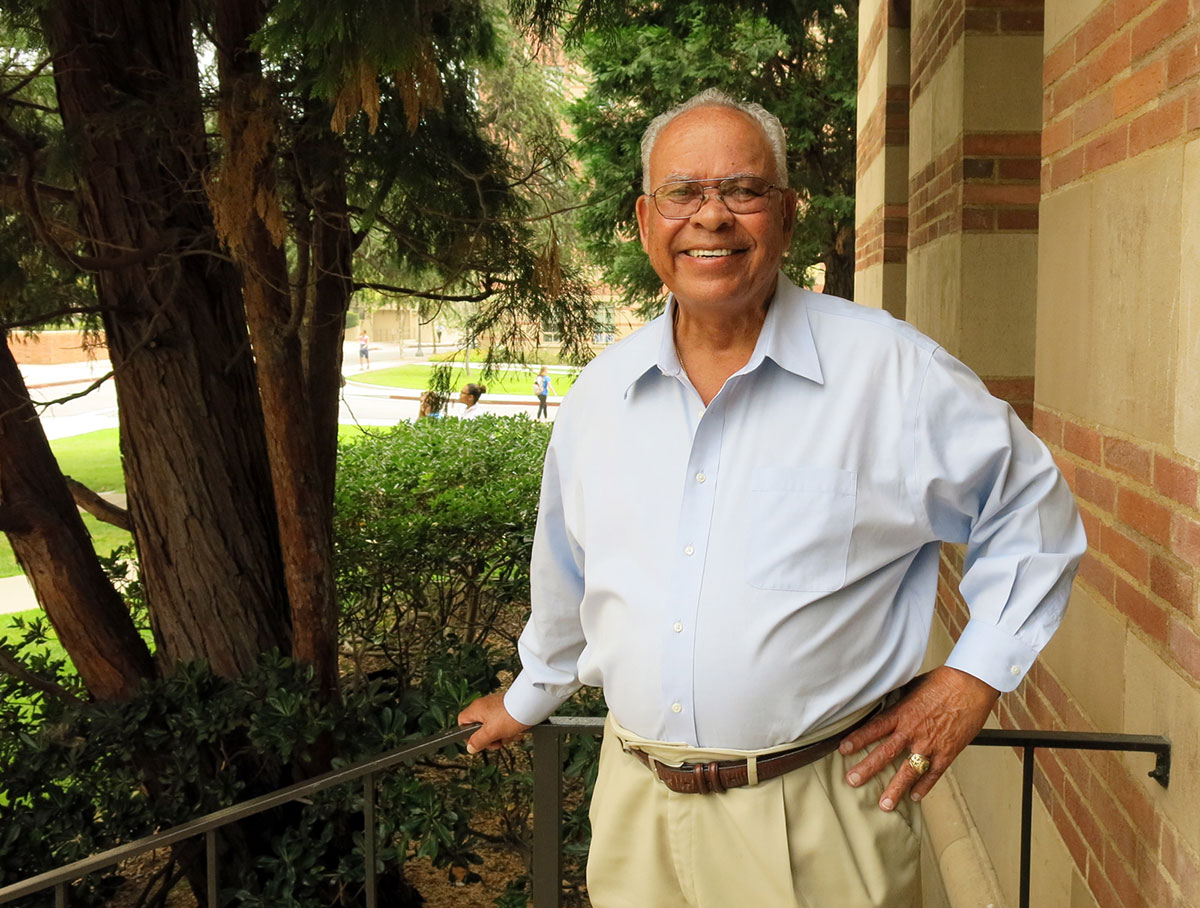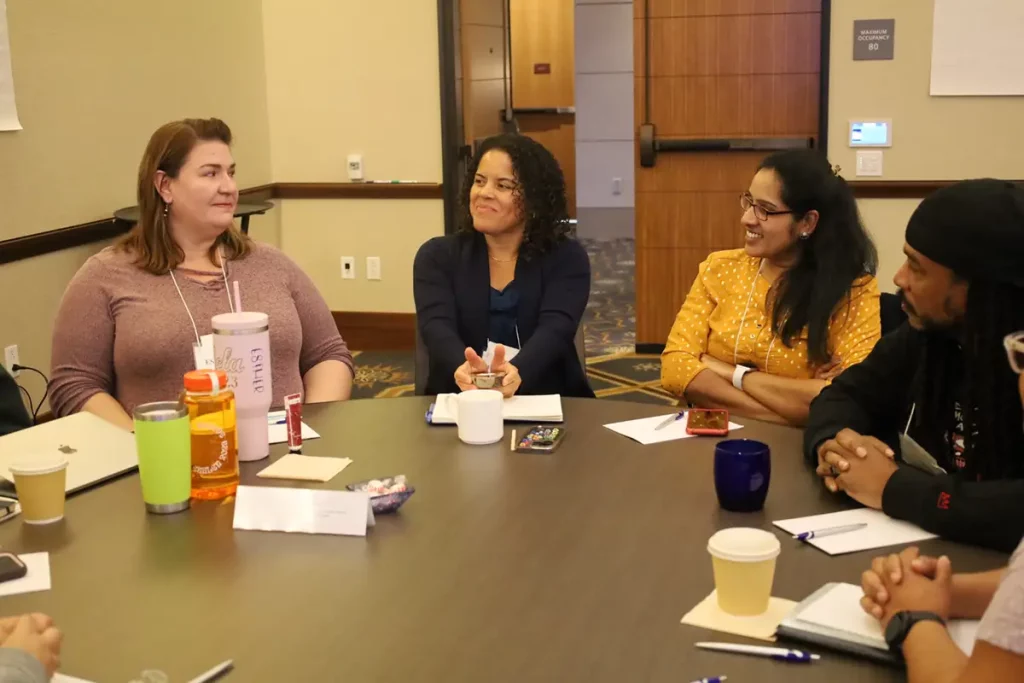Our partner organization, Partnership for Los Angeles Schools, is celebrating 15 years of accomplishments, including developing 160 Teacher Leaders, raising and investing $175 million in traditional public schools in Los Angeles, mobilizing 300 community partners to provide socio-emotional support, health care, and academic programs, and empowering 10,000 parents and families through their Parent College program.
The UCLA Principal Leadership Institute (PLI) trains and supports a diverse group of individuals committed to the principles of academic excellence, equity, and integrity as a way to maximize achievement and opportunity for students in urban schools. The Principal Leadership Institute at UCLA has designed a rigorous 14-month program aligned with the California Administrative Professional Expectations (CAPEs) that will prepare the next generation of urban school leaders. The program grants a Master’s degree and completion of the courses required for the California Tier 1 Administrative Credential. The program is designed to attract outstanding educators who have administrative interests and recognized potential. The Principal Leadership Institute utilizes the Reciprocal Learning Partnership Equity Framework.
Cohort 24: A Collective Vision
As democratic, social justice leaders, we believe solutions should be entrusted to those directly affected.
We believe in empowering the marginalized to take charge of their narratives and destinies.
We believe transparency is key to fostering trust through open communication.
We believe that, with diligent work on everybody’s part, we can dismantle distrust.
We believe in the betterment of not only our students but also our community.
We strive for a world where equity and justice are not just ideals but lived realities.
As democratic and social justice leaders, we plan to learn about, understand, and address intergenerational trauma in order to heal and build a supportive community.
We plan to work together to develop empathy, invoke voice, and foster the skills to advocate for ourselves and others.
We plan to empower and build leadership among our communities by creating the conditions that invite participation.
We plan to build spaces for school staff to listen and learn from one another.
We plan to challenge all stakeholders to use their influence and resources to address broader social justice issues impacting the school community.
We plan to be advocates for the students and parents that we serve.
As democratic and social justice leaders we need you to join us in building trust, understanding, and respect of one another and our differences.
We need allies, friends, and third spaces to brainstorm alternative possibilities, embedded with the assets, experiences, and values of community members.
We need autonomy in decision making at the school, because we know that our community knows what is best for our students.
We need help in meeting our students’ well-being, including partnerships for mental health services, housing vouchers, medical services, transportation, and other basic needs.
We need you to hold us accountable, participate in dialogue around difficult issues, be open minded to other perspectives, share your opinions and beliefs, and bring a commitment to taking action alongside us to work towards a more just and equitable environment.
We need you to know that we need you.
We need you to be our spirit and guide us.
We need to remember the joys and strengths we each hold to reimagine a better world.
The PLI Experience
These blog posts were written by PLI Cohort 23 students Martha Galvez and Kimberly Valencia.
UCLA Principal Leadership Institute (PLI) in the News
Remembering Dr. Bruce Newlin, Inaugural Director of PLI
Alumni who attended PLI during his tenure remember him as a dedicated and compassionate educator who led with kindness and a warm heart. His commitment to equity and social justice continues to inspire the PLI community. We are forever grateful for his significant contributions to the field of education and the enduring legacy he established for PLI.
Remembering our friend and colleague – Mina Shiratori
Mina left an indelible mark on all who knew her. Her enthusiasm, hope and love for those she served was contagious. PLI honors her life by continuing to embrace her spirit of hope, care, and joy. As we mourn her loss, we also celebrate what she gave to us, an unwavering commitment to equity, an infectious smile that immediately made one feel a sense of belonging, and a creative spirit.
Congratulations to Vanessa Mosqueda, PLI Cohort 22
Congratulations to Vanessa Mosqueda on her appointment to the District 5 seat on the Long Beach Commission for Women and Girls, a commission with the commitment to advocating and advancing the well-being of Long Beach women and girls.
Remembering our friend and colleague Sidney Thompson, 1931 – 2023
His legacy speaks to everything we work to embody in our program, he was an innovative leader who disrupted systems to make change, he was a trailblazer being the first African American Superintendent in the Los Angeles Unified School District, and most importantly he was driven by his strong belief in the power of young people.
PLI and Partnership for Los Angeles Schools Celebration
The UCLA Principal Leadership Institute and the Partnership for LA Schools celebrated their ongoing collaboration to prepare the next generation of school leaders. The two organizations have worked together since 2015 to build a better future for LA Area schools and the students and communities they serve, with funding from the Nicholas Endowment.
My experience in PLI was transformative. I went into the program thinking I would learn exactly what it meant to be a social justice leader, so I could just be that. Instead, I graduated a more empathetic and aware advocate with tools for change, a vision of educational equity, a small army of allies.”
